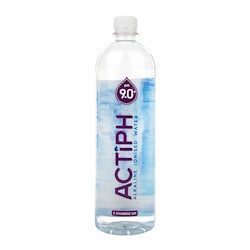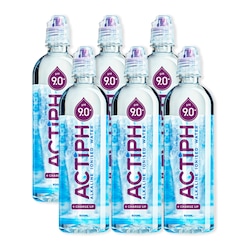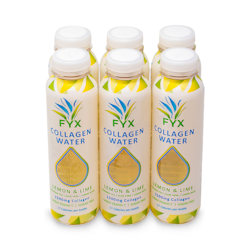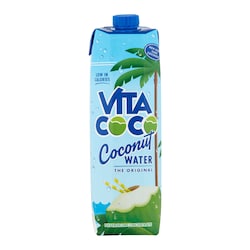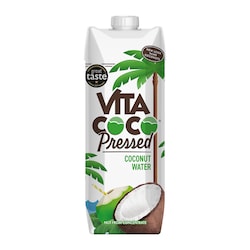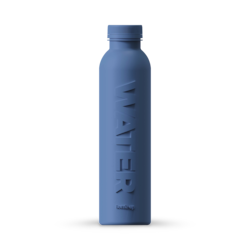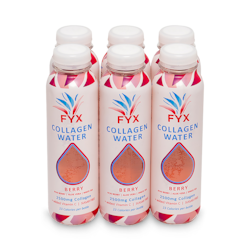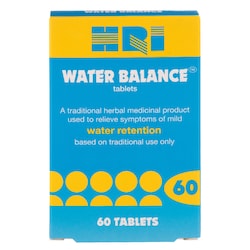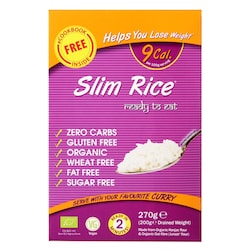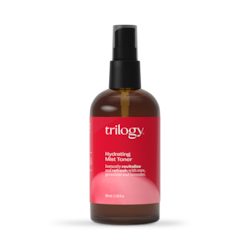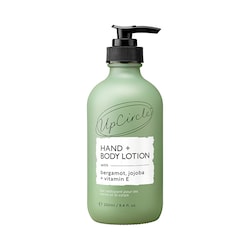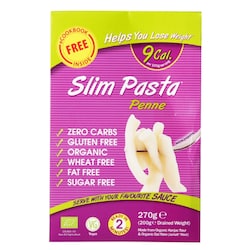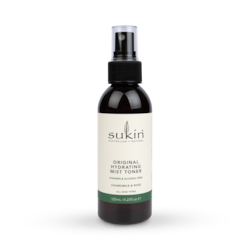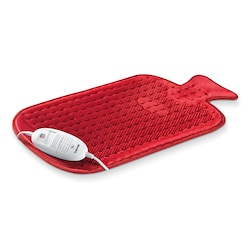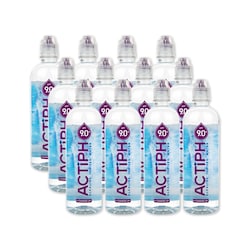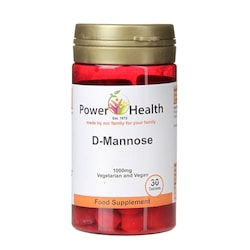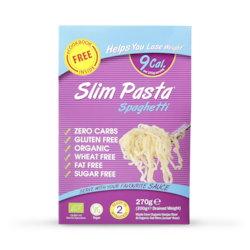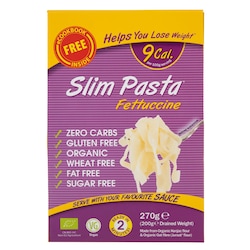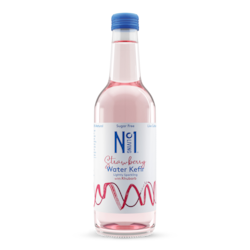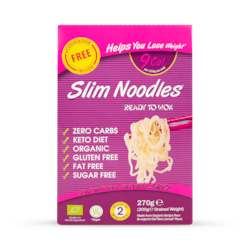15% off £30 OR 20% off £40
How much water should I be drinking each day?
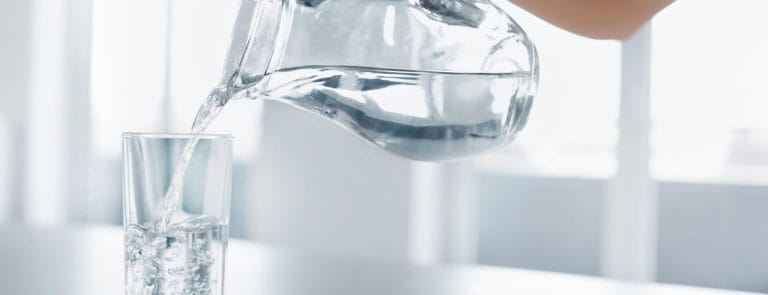
It seems like every celebrity puts their glowingly good skin or toned physique down to ‘drinking plenty of water’. But water isn’t the latest wellness fad. It’s the stuff of life itself, with around 60% of our bodies made up of it – and water is needed for a range of vital functions in our body.1
But how many litres of water a day do we really need? And why?
And have you ever wondered what happens if you drink too much water?
Why do we need water?
While sugar-free drinks, tea, coffee, fruit juice and smoothies are all good ways to maintain hydration, they may contain sugars which can damage teeth. They should be limited to 150ml a day. Tea and coffee also contain caffeine which you may need to keep track of. Water on the other hand is healthy and is readily available straight from the tap. Not only is it calorie-free, it does not contain any sugar.
Water is involved in every single process in our body. We need it to2:
- Help regulate our temperature
- Keep our joints, eyes and muscles lubricated
- Get rid of waste via sweat, urine or bowel movements
Water is essential for life. Without it, we would only be able to survive for a few days.3
What happens if you don’t drink enough water?
Dehydration can affect your body and brain in a number of ways. You may feel4:
- tired
- find it hard to concentrate
- experience mild memory problems
- lack motivation or find it takes more effort to complete a run or gym session
You’ll usually know when you need to top up on water. You’ll experience thirst – and your mouth and lips may become a little dry and gummy.
You can also tell if you’re drinking enough by checking the colour of your wee. It should be a pale-yellow colour.5 Dark, cloudy or strong-smelling urine is a sign you’re dehydrated and need to increase your fluid intake as soon as possible. Other common signs are headaches and dry skin.
How much water should I drink a day?
People often wonder, ‘how much water should I drink in a day?’ You may think you know the answer, but the well-known ‘rule’ about drinking eight glasses of water a day isn’t technically true.
Research published in the British Medical Journal in 2007 explored where the idea that we need eight glasses every day for hydration comes from.6 Researchers concluded that this figure is based on a 1945 study, which stated we need 2.5 litres (around 4.4 pints) of water a day.
That might seem like a lot, and there’s a reason for that. People forget that water found in foods counts towards this amount!
These days, the NHS states our recommended water intake is six to eight 200ml glasses of fluid a day, about 1.2 litres. Remember, this includes food, water, milk, juices, tea and coffee.7
But tea and coffee make us visit the loo more often, right?
Although they are diuretics, which make you wee more often, a 2003 study by the School of Sport and Exercise Sciences at Loughborough University found there was no evidence that coffee led to dehydration.8
Summary
- Drink six to eight glasses of fluid per day
- Food, tea, coffee, juice and milk all count towards your daily fluid intake
- Not drinking enough water causes dry mouth, trouble concentrating and tiredness among other problems
5 reasons you need to drink more water
Most of us will only need to drink between 6 and 8 200ml glasses of fluid a day, but there are times you may need more. These include:
1. You've been moving more
2. You're not feeling well
Sip small amounts of water, diluted squash or rehydration solution instead. See your GP if you experience any of the following12:
- extreme thirst
- feeling unusually tired (lethargic) or confused
- not passing urine for eight hours
- rapid heartbeat
- dizziness when you stand up that doesn't go away after a few seconds
3. You're pregnant or breastfeeding
Morning sickness with vomiting, especially the severe form known as hyperemesis gravidarum, can increase dehydration risk during pregnancy.
Speak to your midwife or GP if you’re concerned.
4. Hot weather
5. Cold weather
High central heating in homes or offices can also make you sweat without you realising, as the central heating dries the sweat as it appears.16
5 benefits of drinking water
Need more convincing? Check out these benefits of drinking enough water every day:
1. It improves your skin
As water is the main component in skin cells and tissues, it stands to reason that having an adequate amount will improve skin’s condition.
Studies have found that drinking more than 2 L of water per day can have a significant positive impact on skin physiology.17
Further, if dry skin is a consistent complaint, then getting enough daily water will offer significant improvement.18
2. It helps headaches
It’s well known that dehydration can cause headaches.19
It’s also believed that simply drinking more water can help get rid of headaches, from tension-type to migraine.20 In one study, people who frequently experienced headaches were told to drink an extra 1.5l of water per day for 12 weeks. This resulted in fewer headaches and reduced intensity.21
3. It promotes better concentration
Lots of us struggle with concentration. Did you know simply drinking more water could help?
Studies have shown that mild dehydration effects concentration, alertness and short-term memory in people of all ages, so drink up during work or study and feel the difference.22
4. It boosts energy levels
When you’re dehydrated, you may feel tired and lacklustre. This is because water plays a part in how the body creates energy.23
Not having enough water affects muscle strength and endurance, too, so don’t expect to set any personal bests while dehydrated.24
5. It can improve mood
Mood changes are a part of life but drinking more water might be a simple way to help balance your mood.
Mild levels of dehydration can produce disruptions in mood, including increased levels of fatigue, confusion, anger.25 So, if you’re finding yourself snappy and irritable, topping up on water could be a step in the right direction to a calmer mind.
Summary
- Six to eight 200ml glasses of fluid is usually optimal, however sometimes you may need a little more
- If you’re in hot weather, pregnant, breastfeeding, exercising or unwell, drink some extra water
- Drinking enough water has a range of benefits, from better skin to a better mood
How to drink more water – 8 ways
Bored of plain water? Try these ideas to get your fluids.
1. Herbal teas
Peppermint, chamomile, aniseed, ginger, rooibos, jade green tea and so many more can help you meet your hydration targets. Herbal teas are hydrating with added benefits of active herbal ingredients.
2. Coconut water
With its delicious taste, drinking coconut water won’t feel like a chore. Choose unflavoured to ensure it’s low in sugar and additives.
3. DIY flavoured water
We love adding fresh fruit, cucumber slices or lemon wedges to plain water for a subtle flavour with a fraction of the sugar of juice.
4. Sparkling water
Just as hydrating as still, sparkling water can be a great option to liven up a boring glass.
5. Squash
If you really struggle to get your daily quota of water, adding low-sugar squash, well diluted, can help you get there.
6. Cereal
Cereal itself won’t hydrate you but adding lots of milk will help bump up your fluid intake. We love oat milk on cereal as it’s extra creamy.
7. Fruit juice
Fruit juices and smoothies count towards your daily fluid intake, too. However, limit them to 150ml per day, as these contain sugar which can damage teeth. We recommend watering juice down to minimise its sugar content.
8. Soup
A warm bowl of soup is a smart way to get your water in. Homemade is best, or try a low-sodium version as the tinned variety can be quite high in salt.
Remember, around 25% of the water we consume comes from our food, so include more solid foods with a high water-content. Even unexpected foods like salmon and chicken breast are high in water!
Which foods are high in water?
Can you drink too much water?
Don’t force yourself to drink too much water. There’s no benefit to taking on more water than you need.
Drinking too much water could also lead to hyponatremia - a dangerous condition where excess water dilutes the electrolytes in your blood.27
Advice is for information only and should not replace medical care. Please check with your GP before trying any remedies.
Hyponatremia is rare – but it does happen. It’s been reported when people try to hydrate excessively after exercise, an illness, or if they’ve taken a drug which induces excessive thirst.28
How much water a day can lead to water intoxication? It depends on body composition but drink no more than a pint an hour and watch out for mental confusion and drowsiness, as these are early signs.29, 30
Summary
- Jazzing up your plain glass of water is an option – just avoid excess sugar
- Food counts towards your daily water total – try soup, fruit, vegetables and salmon
- Don’t over-hydrate. Six to eight 200ml glasses of water a day is usually optimal
Last updated: 29 July 2021
- https://www.ncbi.nlm.nih.gov/pmc/articles/PMC4529263/
- https://www.ncbi.nlm.nih.gov/pmc/articles/PMC2908954/
- www.ncbi.nlm.nih.gov/pmc/articles/PMC2908954/
- www.ncbi.nlm.nih.gov/pmc/articles/PMC2908954/
- https://www.mayoclinic.org/diseases-conditions/urine-color/symptoms-causes/syc-20367333
- https://www.bmj.com/content/335/7633/1288
- https://www.nhs.uk/live-well/eat-well/water-drinks-nutrition/
- https://journals.plos.org/plosone/article?id=10.1371/journal.pone.0084154
- https://www.active.com/triathlon/articles/cracking-the-code-on-sweat-rates
- https://socratic.org/questions/what-percentage-of-water-is-lost-through-the-respiratory-system#305100
- https://pubmed.ncbi.nlm.nih.gov/15907263/
- https://www.nhsinform.scot/illnesses-and-conditions/nutritional/dehydration
- https://intermountainhealthcare.org/blogs/topics/live-well/2017/07/how-hydration-during-pregnancy-can-benefit-you-and-your-baby/#:~:text=When%20you%27re%20pregnant%2C%20you,flush%20out%20wastes%20and%20toxins/
- https://www.sahealth.sa.gov.au/wps/wcm/connect/50bf8680423278a8a47da6adc5e910c3/MECC_No_Sweat.pdf?MOD=AJPERES&CACHEID=ROOTWORKSPACE-50bf8680423278a8a47da6adc5e910c3-niPHEPd
- https://www.hackensackmeridianhealth.org/HealthU/2020/07/01/how-much-water-should-you-drink-during-summer-months/
- https://www.hydr8.nyc/5-reasons-to-drink-more-water-during-winter/
- https://pubmed.ncbi.nlm.nih.gov/18489334/
- https://www.ncbi.nlm.nih.gov/pmc/articles/PMC4529263/
- https://pubmed.ncbi.nlm.nih.gov/14979888/
- https://pubmed.ncbi.nlm.nih.gov/32446809/
- https://pubmed.ncbi.nlm.nih.gov/16128874/
- https://www.ncbi.nlm.nih.gov/pmc/articles/PMC2908954/
- https://www.unm.edu/~lkravitz/Article%20folder/WaterUNM.html#:~:text=Even%20though%20it%20contains%20no,fever%20and%20in%20hot%20environments.
- https://link.springer.com/article/10.2165/00007256-200737100-00006?utm_medium=affiliate&utm_source=commission_junction_authors&utm_campaign=3_nsn6445_deeplink_PID9101088&utm_content=deeplink
- https://www.ncbi.nlm.nih.gov/pmc/articles/PMC2908954/
- https://www.ncbi.nlm.nih.gov/pmc/articles/PMC5084017/
- https://www.ncbi.nlm.nih.gov/pmc/articles/PMC2908954/
- https://www.ncbi.nlm.nih.gov/books/NBK537231/
- https://casereports.bmj.com/content/2016/bcr-2016-216882.full
- https://toxedfoundation.org/water-intoxication-dilutional-hyponatremia/


